Nevertheless, the purpose of this post is not to analyze the teachings within the Sermon of the Mount, but rather to share some brief thoughts about Hungarian painter Károly Ferenczy's depiction of the scene. As mentioned above, I have always harbored a deep appreciation of the image of Jesus teaching on the mount, and I particularly admire Ferenczy's rendition of the Sermon.
To begin with, the lush undulating forest dominating the top half of the composition has all the qualities of a classic landscape painting. It's almost as if Ferenczy initially planned to paint only a landscape, but then changed his mind halfway through the painting to include the figure of Christ who is the obvious focal point even though He is not perfectly centered within the composition. The scene exudes a tranquil, pastoral quality I find quite enchanting, a quality Ferenczy seems to have been able to conjure only be including the landscape qualities above the figures gathered around Jesus.
I admire the choices Ferenczy made in his depiction of Jesus - Christ is seated, occupying the same level as the people to whom He is speaking. Though His back is slightly turned and no Halo marks His head, He is instantly identifiable among the other figures who all focus their rapt attention upon Him. The upturned open hands signify gentleness and calm, but His presence holds enough power to enrapture even the knight seated to His right hand side.
As for the crowd, Ferenczy shows what I interpret to be a cross-section of predominantly nineteenth-century European or, more specifically, Hungarian society. There's a man in a top hat and peasants in straw hats; a woman in upper-class dress her head uncovered, and women in modest dresses wearing headscarves. Ferenczy sprinkles children in among the adults and it is rumored the two on the right were his own.
Ferenczy's painting contains obvious anachronistic qualities and the setting does not make one think 'Middle East', but this is what makes the scene so captivating for me personally. Ferenczy is able to transfer the essence of the Sermon to a more familiar time and place, which saves Jesus from being trapped in history and reinforces His active and ongoing presence in the contemporary world as Ferenczy depicted it.
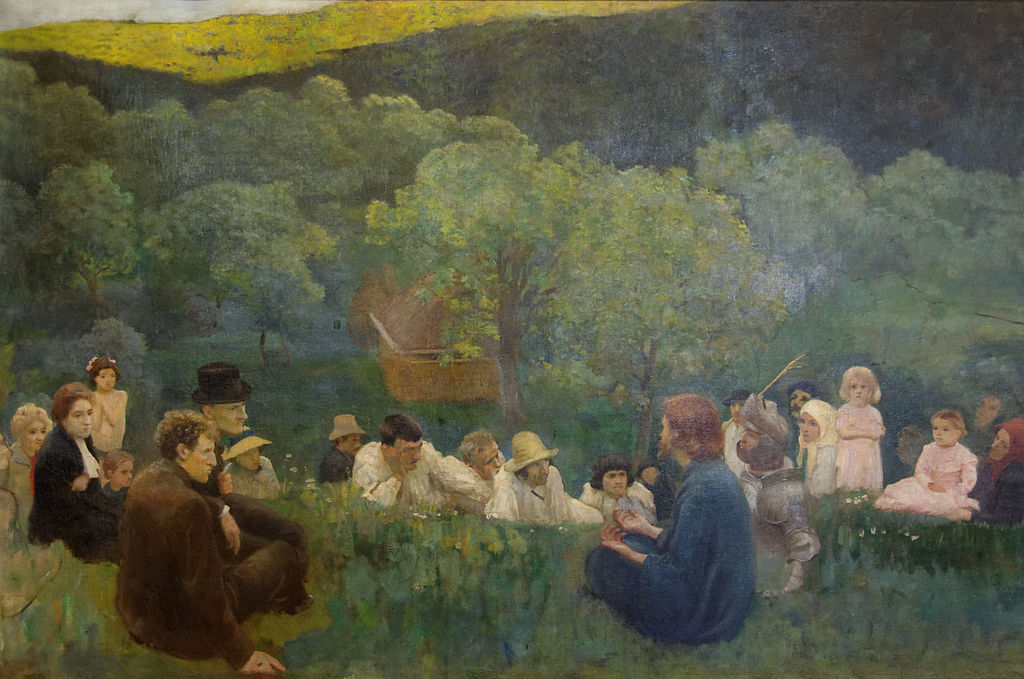
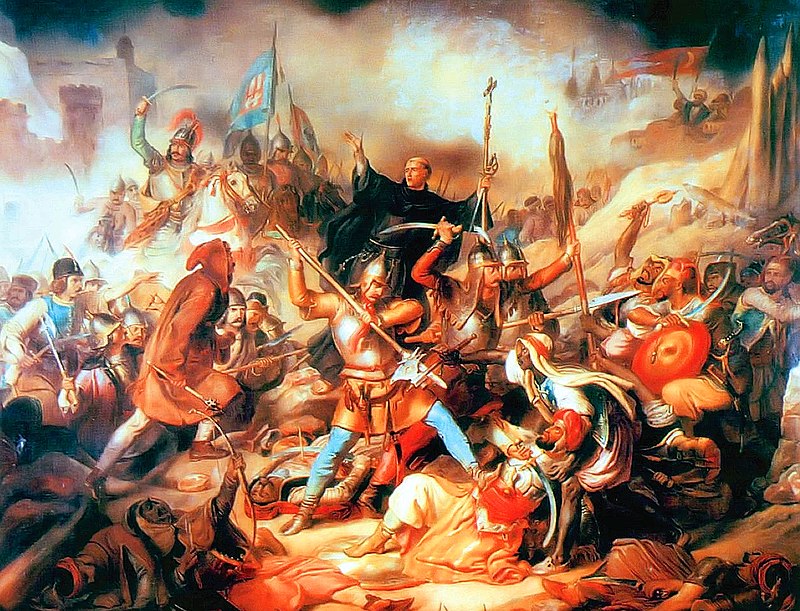
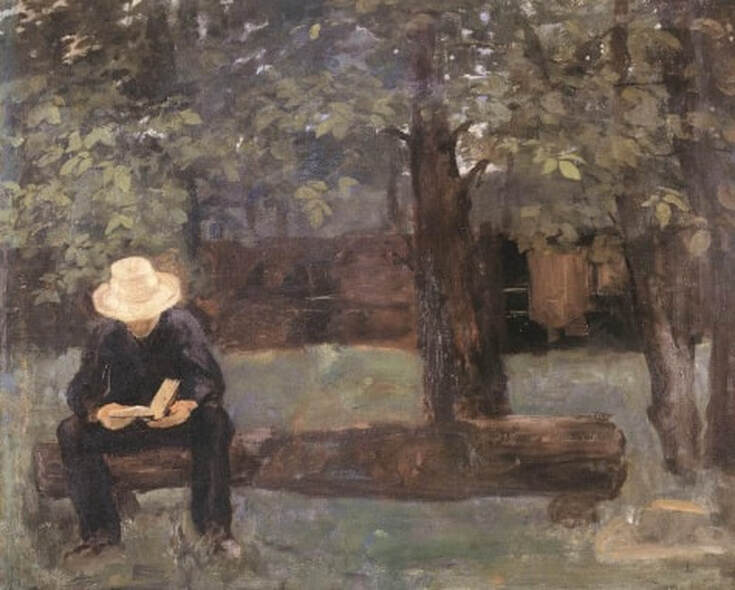
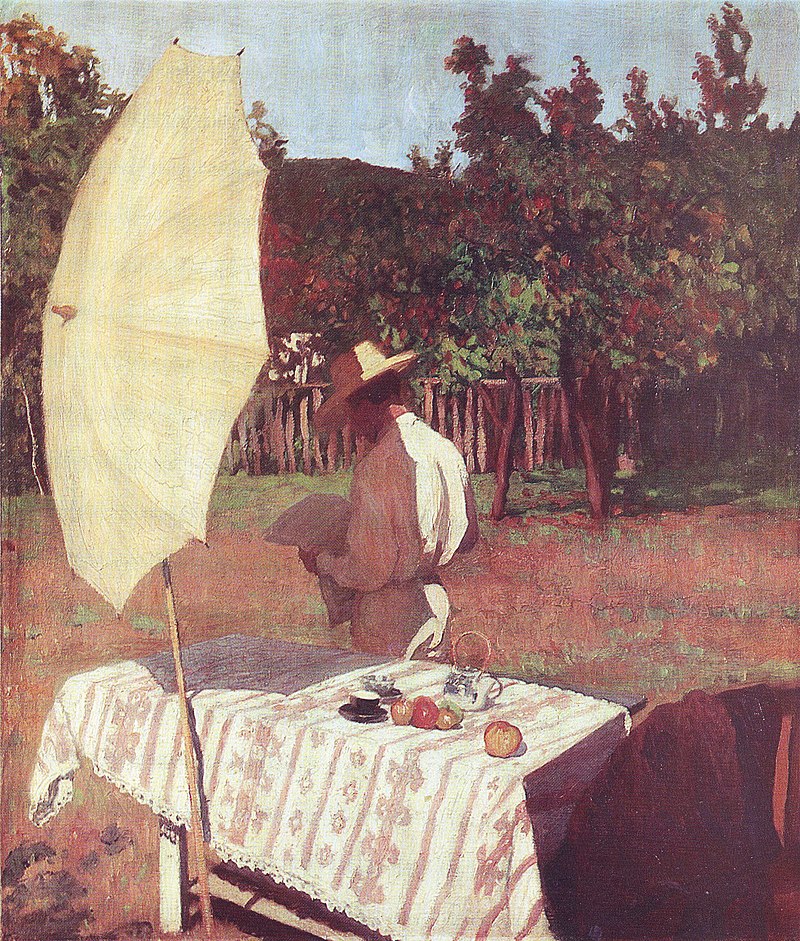
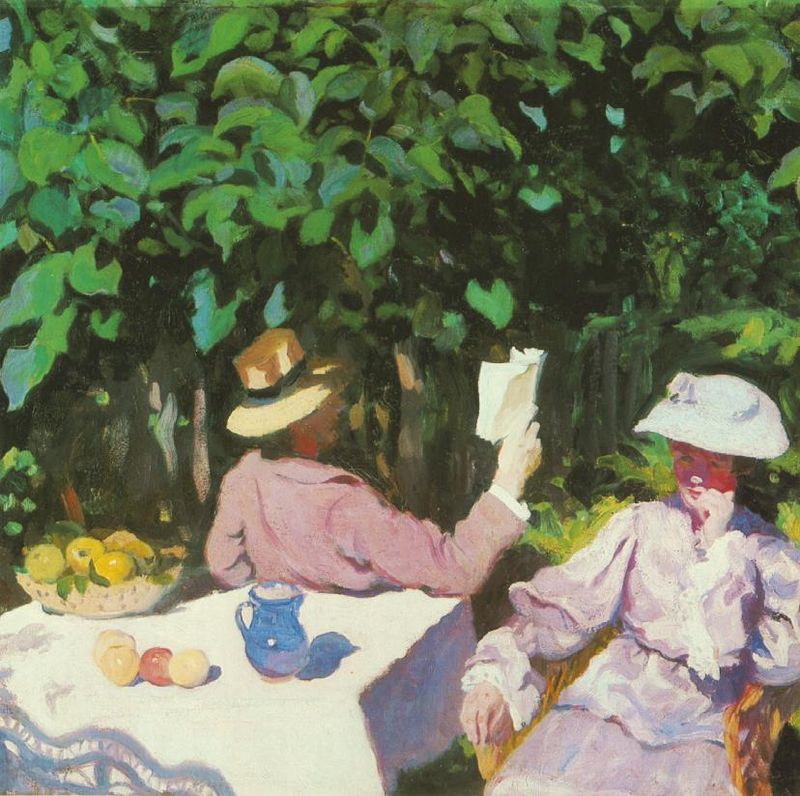
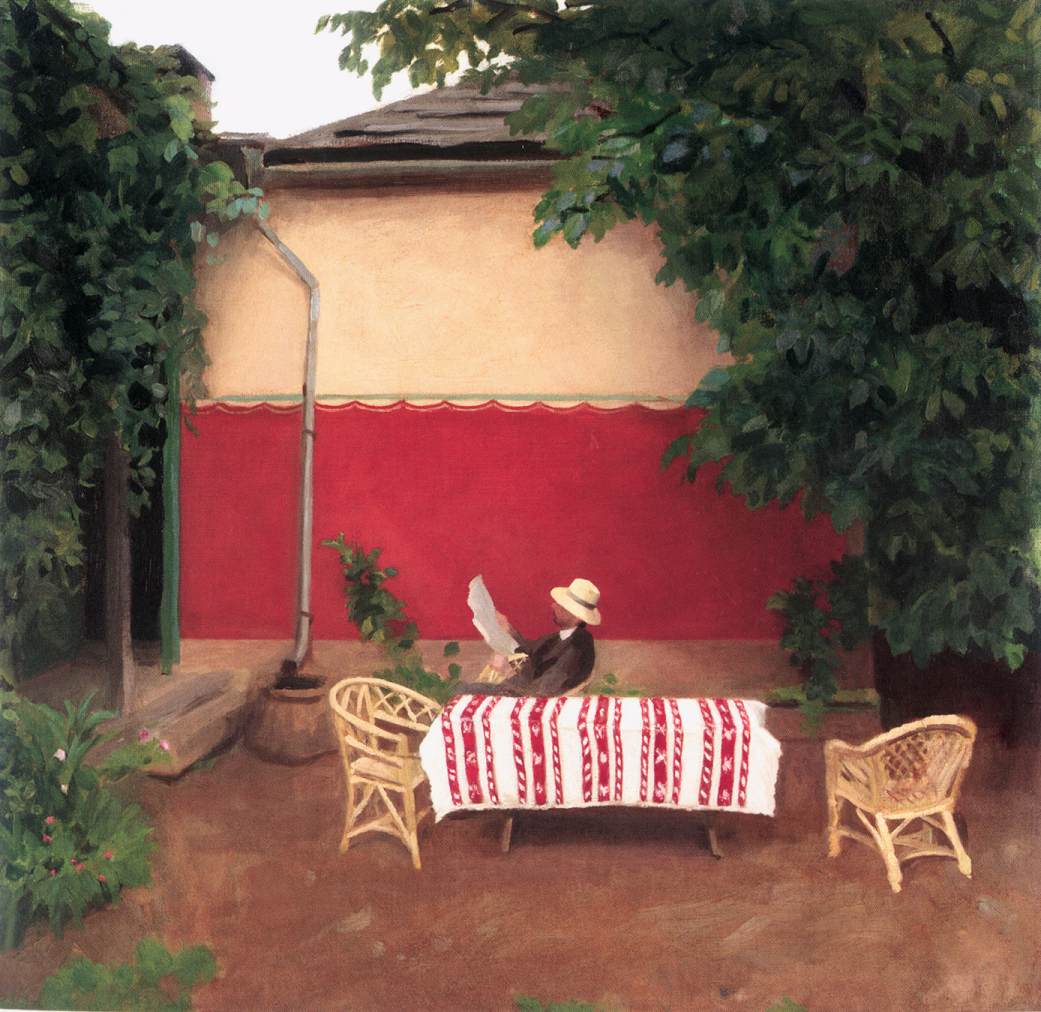


 RSS Feed
RSS Feed

